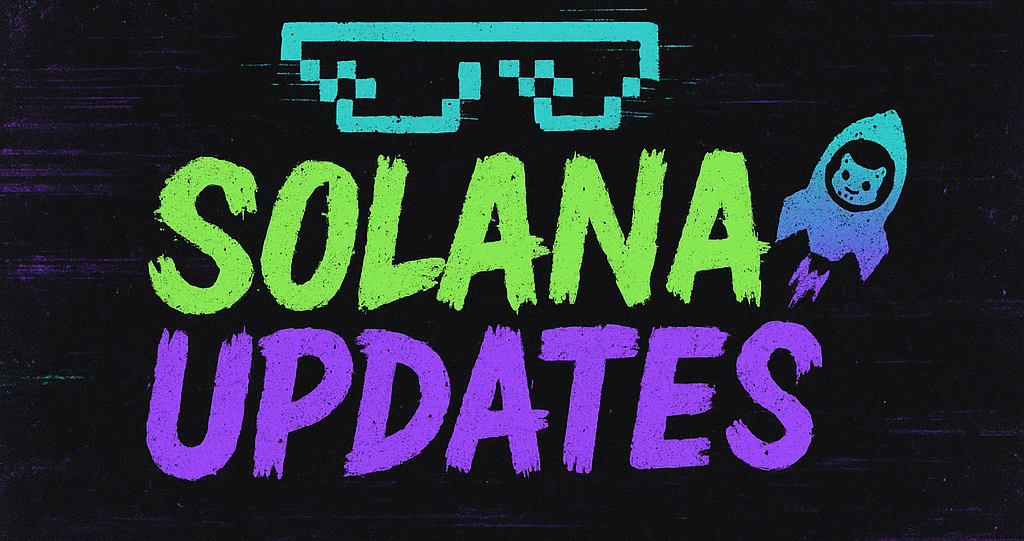Swiss Regulator GESPA Files Formal Complaint Against FIFA’s NFT Platform
In a significant development that could shape the future of blockchain-based gaming and digital collectibles, Switzerland’s gambling regulatory authority, GESPA, has lodged a formal complaint against FIFA’s non-fungible token (NFT) platform. The complaint accuses the international football governing body’s platform of operating as an unlicensed gambling provider, raising essential questions about the intersection of digital assets and gambling laws.
GESPA, the Swiss gambling supervisory authority, has taken a firm stance, asserting that FIFA’s NFT platform, which allows users to buy, sell, and trade digital collectibles associated with football, functions similarly to a gambling operation without the necessary licensing. This move by GESPA underscores the growing scrutiny from regulators worldwide as they grapple with the burgeoning world of NFTs, which have swiftly evolved from niche blockchain applications into mainstream financial instruments.
Understanding the Allegations
The crux of GESPA’s argument lies in the mechanics of FIFA’s NFT platform. Users, when purchasing NFTs, are essentially participating in a speculative market where the value of these digital assets can fluctuate dramatically based on demand, rarity, and the performance of associated real-world teams or players. This speculative nature, akin to betting on outcomes, is what GESPA contends aligns more closely with gambling than traditional asset trading.
FIFA, for its part, has maintained that its NFT offerings are designed to enhance fan engagement by providing unique digital memorabilia that fans can collect or trade. They argue that these digital tokens are fundamentally different from gambling products, as they do not involve traditional wagering or the promise of monetary returns. Instead, FIFA positions these NFTs as collectibles that hold sentimental value for fans, akin to physical sports memorabilia.
Implications for the Industry
This complaint is not just a challenge for FIFA but could also set a precedent affecting how NFT platforms operate in jurisdictions with strict gambling regulations. Should GESPA’s complaint be upheld, it might compel companies operating NFT platforms to seek gambling licenses, significantly altering their business models and potentially stifling innovation. Moreover, this could lead to a ripple effect, encouraging other regulators to reevaluate the legal status of NFTs within their domains.
Globally, the NFT market has grown exponentially, with platforms across various sports and entertainment fields capitalizing on the technology’s ability to create verifiable digital ownership. However, as NFTs continue to blur the lines between digital assets and gambling, there is a pressing need for regulatory clarity to avoid stifling growth while protecting consumers.
The Path Forward
As the situation unfolds, both FIFA and GESPA are likely to engage in discussions, which could lead to either a legal resolution or a regulatory compromise that allows for continued innovation while ensuring compliance with gambling laws. For FIFA, navigating this regulatory landscape is crucial not only to avoid potential penalties but also to maintain its brand integrity and trust among its global audience.
The coming months will be pivotal in determining how NFT platforms will adapt to the regulatory challenges posed by authorities such as GESPA. As the digital economy continues to evolve, striking a balance between innovation and regulation will be crucial in shaping the future of NFTs and their role in the global economy.
For now, all eyes are on Switzerland, as the outcome of GESPA’s complaint could have far-reaching consequences for how digital collectibles are perceived and regulated worldwide.
🛒 Recommended Product: Check out top-rated crypto gear on Amazon


